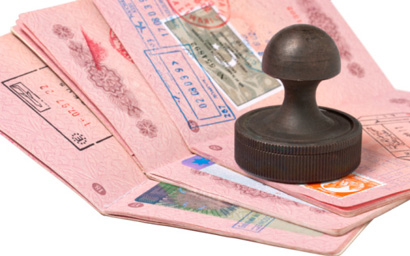The Asian fund passport is a “timely and exciting” initiative says a major US investment fund body, but would benefit from tax harmonisation and operational efficiencies.
The Asia Regional Funds Passport (ARFP) initiative is welcomed by ICI Global, the international arm of America’s Investment Company Institute, whose US members have over $17 trillion (€12 trillion) of assets under management.
Six members of the 21-country Asia-Pacific Economic Cooperation (APEC) forum – Australia, Korea, New Zealand, Singapore, Thailand, and the Philippines – are to take part in the ARFP, which will allow passporting of registered funds between each country, while acknowledging economic differences and ensuring adequate investor protection and fostering competition.
ICI Global’s comments come as an APEC report finds that a fund passport regime could create 170,000 jobs and save Asian investors US$20 billion each year in fund management costs.
ICI Global says that to help ensure initial take-up and the long-term viability and success of the cross-border fund framework, operational, implementation, and tax issues need to be addressed.
Describing the initiative as “highly valuable” for the region Qiumei Yang, chief executive of ICI Global Asia-Pacific, says the trade body is recommending measures to make the passport more economically and operationally feasible.
“The timing is excellent as it coincides with strong growth of the fund industry in the region. We believe this framework could help achieve the passport objectives including supporting deeper financial markets and industry growth to the benefit of investors,” says Yang.
He adds: “To be globally competitive and successful, fund firms are increasingly centralising management resources and research systems, and the passport concept of allowing a single fund structure to be offered efficiently across all six economies will benefit both fund sponsors and fund investors.”
As part of its advice on operational issues, ICI Global highlights duplicative or conflicting delegation rules between countries that unnecessarily restrict access to portfolio management in other locations. Managers frequently seek to offer ‘mirror’ funds that offer the same investment objectives and strategies in different markets, and facilitating common approaches across the region will help ensure the passport’s success, the body says.
On tax issues, ICI Global says passported funds should receive equal tax treatment, regardless of any existing home country tax advantages, and this would support competition among firms and choice for investors.
The Asia-Pacific region, including the six countries in the passport initiative, have experienced over 450% growth in total fund assets in the last two decades according to recent ICI Global research.
In September 2013, finance ministers from Australia, Korea, New Zealand and Singapore signed a statement of intent on the establishment of the ARFP.
©2014 funds europe





